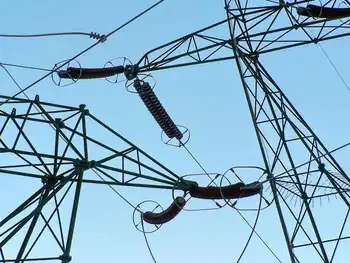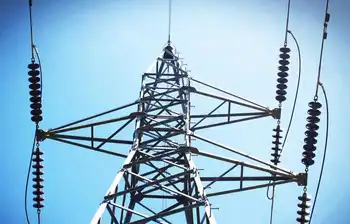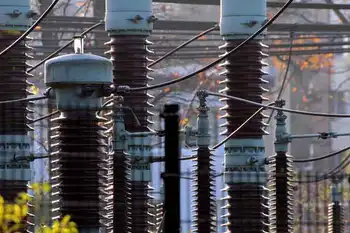Canadian manufacturers among least efficient: agency
By Vancouver Sun
CSA Z463 Electrical Maintenance
Our customized live online or in‑person group training can be delivered to your staff at your location.

- Live Online
- 6 hours Instructor-led
- Group Training Available
The International Energy Agency's unflattering assessment of Canada's performance, particularly in the pulp and paper, iron and steel, and cement sectors, is part of a new IEA publication calling on governments and manufacturers to support a "low-carbon industrial revolution" to fight climate change.
The Paris-based agency said government leaders must come up with an ambitious strategy to lower electricity use and improve manufacturing efficiency when they meet at a December gathering in Copenhagen to develop a new climate-change strategy to replace the Kyoto Protocol.
"Industry is one of the largest users of electricity," said IEA executive director Nobuo Tanaka, noting that both the electricity sector and manufacturers account for almost two-thirds of the world's energy-related carbon emissions.
He said "decarbonizing" the power sector and cutting carbon intensity in key manufacturing sectors will be critical in meeting the United Nations' goal of halving global emissions by mid-century.
"The task is huge and requires nothing short of a low-carbon industrial revolution. Solutions exist but cannot be achieved overnight. Urgent action is needed."
IEA analyst Ceclilia Tam said Canada's performance isn't just poor in comparison to the 29 other members of the Organization for Economic Co-operation and Development, a Paris-based body representing the world's top developed western democracies.
"The energy intensity of Canadian production is one of the highest not only amongst OECD countries, but even worldwide," she told Canwest News Service in an e-mail.
"The reason for this is that in many cases Canada is using older, less efficient technology, and significant improvement can be achieved by switching to current, best-available technology."
The report assessed the considerable potential countries such as Canada can have in reducing emissions by modernizing manufacturing facilities. However, she acknowledged the hefty cost presents a challenge given the current economic climate.
She said Canada's chemical sector has a stronger performance compared to pulp and paper, iron and steel, and cement sectors. However, she said improved technology by chemical firms could improve energy efficiency in those plants by eight to nine per cent.
In his analysis Tanaka said the world's best available technology would reduce energy use by up to 30 per cent, which is far from sufficient given that energy demand is expected to double by 2050 — the year scientists say global emissions must be halved to avoid catastrophe.
The world therefore needs to deploy widely new technologies such as the unproven carbon capture and storage technique now being studied around the world, the report said.
The report added electricity is "at the core" of the world's climate crisis — causing 41 per cent of energy related emissions — because it is generated primarily by burning fossil fuels.











